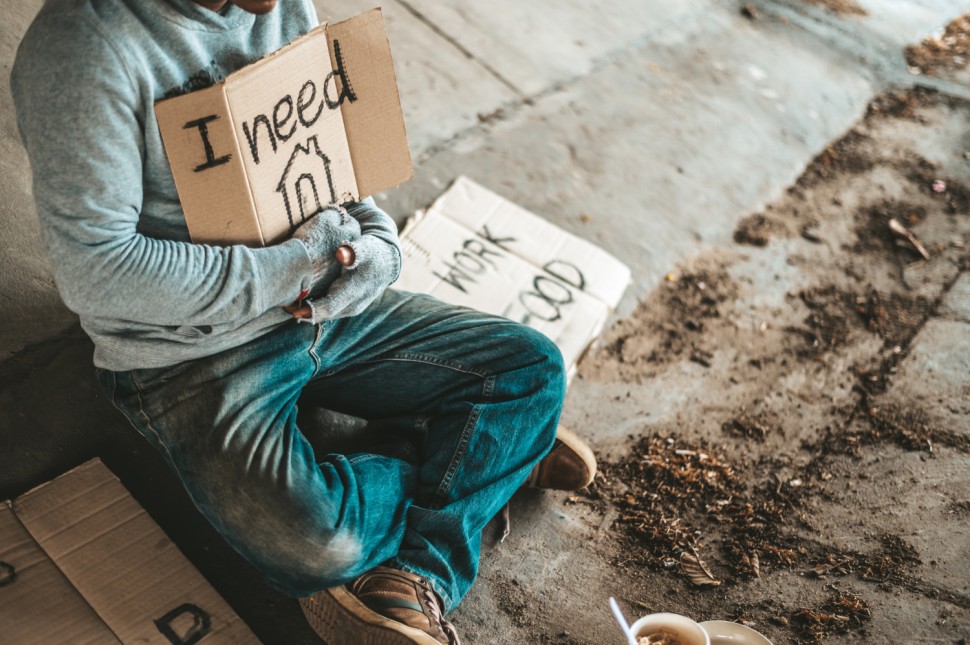Supreme Court Shift on Disability and Homelessness
Swaying the scales of justice, the Supreme Court recently held that penalties may be imposed on homeless individuals for public sleeping. This decisive 6-3 outcome in the City of Grants Pass v. Johnson marks a departure from a former ruling. Circuit courts had deemed such penalties unconstitutional under the Eighth Amendment's safeguard against cruel and unusual punishment.
Facing a housing crisis, innumerable individuals with disabilities often find shelter unattainable. Reports indicate that nearly 78 percent of people experiencing homelessness battle mental health complications. Nationwide, half of the adults in shelters possess a disclosed disability. The statistics paint a picture of the dire state of accessible housing, with only a fraction of homes equipped to accommodate wheelchairs.

A Critical Look at the Grants Pass Debate
Central to the Grants Pass case were plaintiffs like CarrieLynn Hill and Debra Blake. Their disabilities rendered them unfit for the strict criteria imposed by local shelters. Hill depended on her nebulizer, which was prohibited in her shelter room. Blake could not satisfy the employment condition due to her disabilities. Both faced the repercussions of not securing a roof over their heads due to their circumstances.
The plaintiffs tackled the issue armed with the precedent set in Robinson v. California, a 1962 Supreme Court verdict. It banned penalization for states of being beyond an individual's control, such as drug addiction. The case presented the logic that criminalizing disability was unconstitutional.
Revoking Precedent, Ignoring Disabilities
Justice Neil Gorsuch, writing for the majority, argued that the ordinance targeted behaviors rather than statuses. This interpretation effectively sidesteps the historic protections established in Robinson. Surprisingly, Justice Gorsuch's reasoning lacked any direct reference to disability, turning a blind eye to the challenges that people with disabilities face as a result of homelessness.
In contrast, Justice Sonia Sotomayor penned a compelling dissent. She acknowledged the disproportionate impact of these ordinances on the disability community and reiterated the systemic problem: inaccessible housing leads to an inevitable clash with the law for those unable to find shelter.
Legislation and Disability Rights at Stake
With this verdict, there looms a shadow over the future of disability rights in the context of homelessness. While the Court diverges from the empathy shown in Robinson, advocacy groups persist. They have long voiced that targeting the involuntary aspects of homelessness is unconscionable.
Sotomayor holds hope for a future where the Court affirms, rather than diminishes, the rights of the vulnerable. Despite the setback, the fight continues to uphold the constitutional and federal protections meant to shield those with disabilities.
Reflecting on these alterations to the legal landscape, one wonders about the outlook for those at the intersection of disability and homelessness. The verdict has wide-reaching consequences, reshaping the conversation on disability rights and homelessness. It prompts us to consider our social and legal responsibilities toward those in need. How should society respond to ensure the rights and dignity of all individuals are respected? Your engagement and perspectives are crucial as we discuss these vital issues moving forward.




